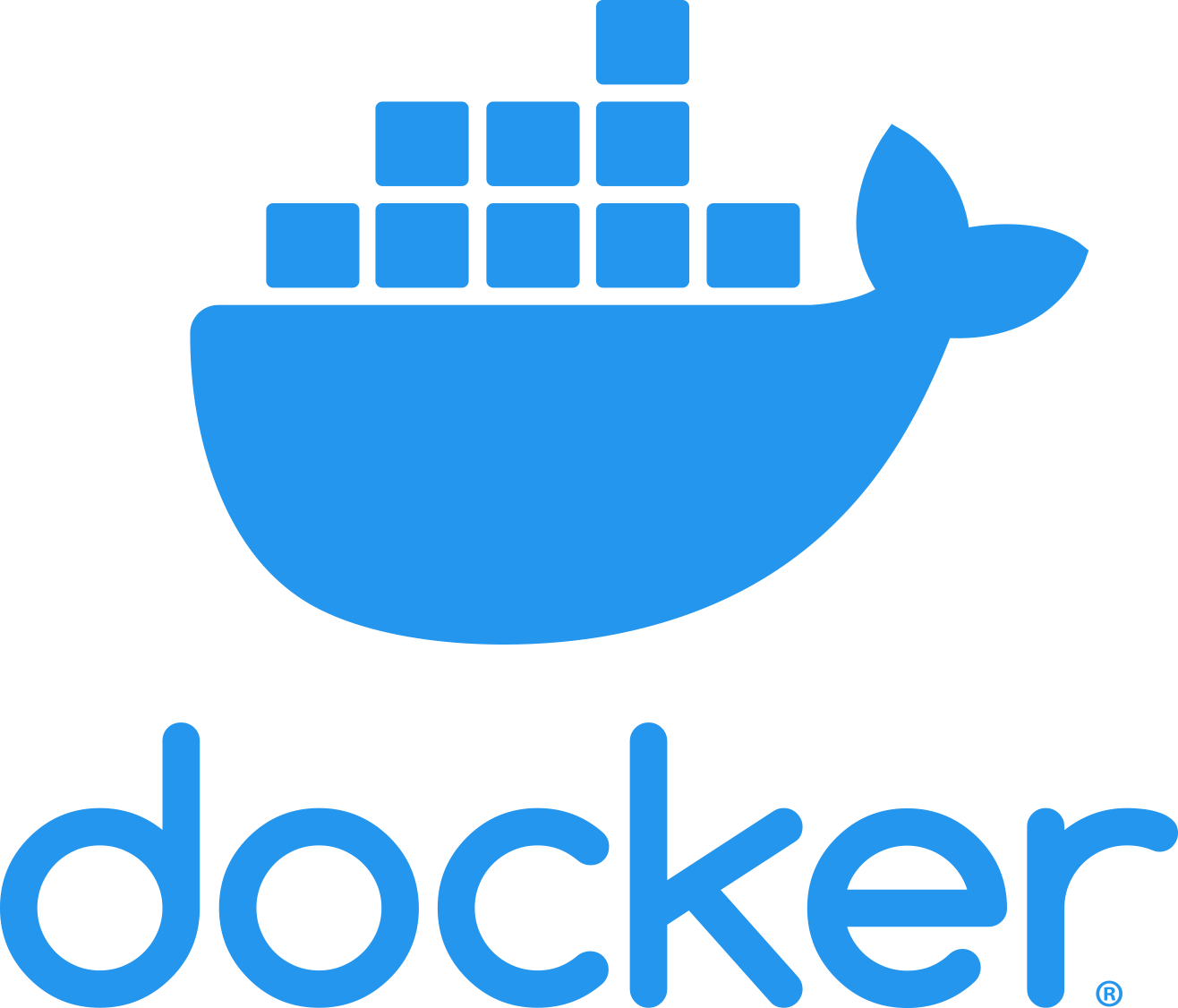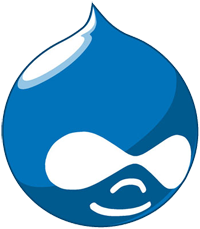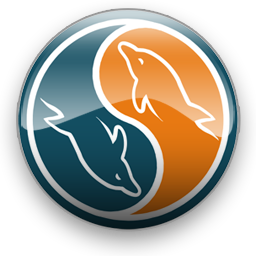
# Set needed variables
:local username "YourUserName"
:local password "YourPassword"
:local hostname "YourHostName"
:global ddnsinterface "YourInternetInterfaceWithDynamicIP"
:global ddnsip ""
:global dyndnsForce
# Remove the # on next line to force an update every single time - useful for debugging, but you could end up getting blacklisted by DynDNS!
#:set dyndnsForce true
# Grab the current IP address on that interface.
:global ddnsip2 [/ip address get [/ip address find interface=$ddnsinterface ] address];
:set ddnsip [:pick $ddnsip2 0 [:find $ddnsip2 "/"]];
:log info ("UpdateDynDNS: currentIP = $ddnsip")
#get IP from DynDNS for my hostname
:local resolvedIP [:resolve $hostname]
:log info ("UpdateDynDNS: resolved IP =$resolvedIP")
# Determine if dyndns update is needed
# more dyndns updater request details available at http://www.dyndns.com/developers/specs/syntax.html
:if (($ddnsip != $resolvedIP) || ($dyndnsForce = true)) do={
:set dyndnsForce false
/tool fetch user=$username password=$password mode=http address="members.dyndns.org" src-path="/nic/update?hostname=$hostname&myip=$ddnsip" dst-path="/dyndns.txt"
:local result [/file get dyndns.txt contents]
:log info ("UpdateDynDNS: Dyndns update needed")
:log info ("UpdateDynDNS: Dyndns Update Result: ".$result)
:put ("Dyndns Update Result: ".$result)
} else={
:log info ("UpdateDynDNS: No dyndns update needed")
}
- A hozzászóláshoz regisztráció és belépés szükséges







